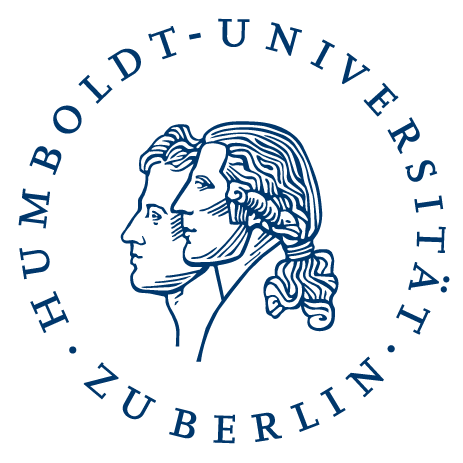The Sociomaterial Organising of Work and the Constitution of Diversity and Inequalities
Submissions deadline
Tuesday, 14 January 2020
Notification of acceptance
February-March 2020
Conference date
2-4 July 2020
Conference venue
University of Hamburg
Further information
Papers are currently being accepted for the EGOS conference “Organising for a Sustainable Future: Responsibility, Renewal & Resistance” for individual sub-themes. The sub-theme “Sociomaterial Organising of Work and its Consequences for the Constitution of Diversity and Inequalities” aims to advance our understanding of the mutual constitution of diversity and related inequalities on the one hand, and the sociomaterial and temporal organising of work on the other hand. To do so, this stream seeks to encourage a debate between research on inequalities related to diversity and research on the sociomaterial and temporal organising of work. This will allow participants to investigate how gendered, racialised or otherwise asymmetrically categorised identities and group memberships are (re-)produced, shaped and (de-)stabilized by a particular division of labor, modes of task, job and organisation design and working time regimes in conjunction with further sociomaterial underpinnings such as spatial design and technological conditions.

Papers may address, but are not limited to, the following topics:
- How does focusing on temporal and sociomaterial ways of organising allow us to develop new theories about differences, diversity and related inequalities in organisations?
- How are different forms of organising (e.g., bureaucratic, decentralised, networked) connected to the reproduction or change of diversity-related inequality patterns?
- How do different forms of working time regimes (re-)produce different forms of diversity and inequality regimes?
- How can we conceptualise and investigate the co-constitution of organisational spaces and diversity and related inequalities?
- How is the design – of new forms – of jobs connected to the (re-)production of diversity and related inequalities?
- How does the relationship between current technological, digital and automatised developments and the (re-)production of diversity and related inequalities unfold?
- How is the temporal and sociomaterial organising of work connected to global inequalities?
What actual or imagined forms of organising work could result in diversity-affine organisations as such?





